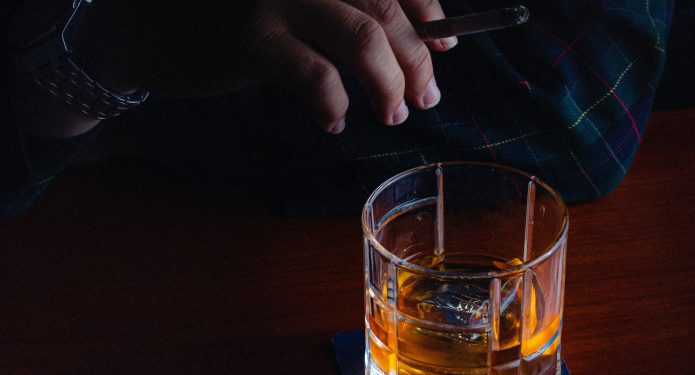Our Projects
Black Mobile Health

- Danielle Jones
- 0 Comment
- 1,001 views
Neural reward processing measures have been shown to predict substance use and mental health, but are not well-characterized in Black populations. Yet, the unique structural and psychosocial stressors of Black Americans are likely to affect reward processing itself. The goal of this study is to recruit Black folks who regularly use alcohol or cannabis to come into the lab, fill out a bunch of baseline questionnaires, and do a full EEG session where we measure brain reactivity to all sorts of different stimuli, mostly centered on substance-free rewards and drug-related images. Then, they go through a 30-day ecological momentary assessment (EMA) protocol where they report on their engagement in substance-free activities, substance use and problems, and a bunch of other things like stress, sleep, and symptom expressions of psychopathology more broadly. One of the core hypotheses is that for folks who don’t have the neural architecture to process natural rewards as much as other folks will show weaker coupling between engagement in substance-free activities (that would normally be protective against risky substance use) and substance use and problems, and racism-related stress may modulate reward processing and its subsequent effect on substance use.
